I use Ghost as the blogging platform for all my projects. This blog is hosted on Ghost and even SigNoz's blog is on Ghost. And it is a beautiful peace of software.
Started in 2013, Ghost started as an alternative to Wordpress, which was a virtual monopoly in the space. Ghost is completely funded by the revenue from Ghost (Pro) and an initial kickstarter event. Ghost is an open source project with an active community. Ghost (company) comprises ~15 people, which are distributed in different parts of the world : from Thailand to London. And recently they have hit a mark of 2mn USD per annum.
As a user, I am a fan of their product. They have simplified running blogs. It has many advanced features like dynamics routing, etc. which makes it suitable even for advance SEO needs. They have recently introduced easy way for publisher's to monetize their blog by building direct relation with their customers by means of subscription. And as you can see, they also have a dark mode.
The fact that a relatively small team with a very little outside capital is able to create such a beautiful product is inspiring! If you use the product, you would understand that all features are carefully designed based on interaction with their users and their own thoughts on how they can innovate for their users.
Creating such products require care and empathy. This can't be created in a IT shop with hundreds of developers paid by hour. They need to care about the user, understand what they can innovate on and continuously iterate with feedback.
This is something very similar to how craftsmen used to work before industrial revolution 'assembly-lined' everything. Dressmakers would spend hours trying to make the perfect dress for their patrons. Create designs and begin from scratch many times. This movie beautifully captures one such dress maker.
Phantom Thread - A movie about a British Era dress maker
I recall even Sridhar Vembu of Zoho talking about how he thinks about software creation as a craft. A great product can be built when creative people are allowed to work together and create something which is beautiful & inspiring. Great software can't be build in industrial timelines and implementation of "specs".
Recently, I came across a blog posts by Kailash from Zerodha. The fact that a team of 30 techies can create products which hand ~1mn DAU is just amazing! And that too with most of the software used being FOSS. If you read his blog, you will get a sense of a product which is well cooked briyani, cooked under the supervision of a master chef maintain right temperatures and right mix of ingredients. And it made a delicious briyani.
Zerodha technology blog
Blog by Martin Fowler on Software Craftmanship
Basecamp is another product which I admire a lot where the product reflects careful decisions and thought process. Its founders, DHH and Jason Fried are proponents of building great software at your own pace.
I guess, the thought I want to leave you with and which inspires me daily is this: A small team of people can create great software which no big corporation can match. You need to think about the user and build for him, and there would be thousands of takers. Building a great software is a craft : you get better at it as you spend more time with it. It is the ultimate expression of human mind!
If you get a chance, take a look at this documentary about Jiro, who is the greatest sushi chef according to some. The amount of detail and energy he puts into his craft is just exhilarating. A quote from the clip :
All I want to do is make better sushi. I do the same thing over and over, improving bit by bit.
PS : We shifted our blog stack for SigNoz to Docusaurus as it empowers a more github driven workflow for publishing blogs :)
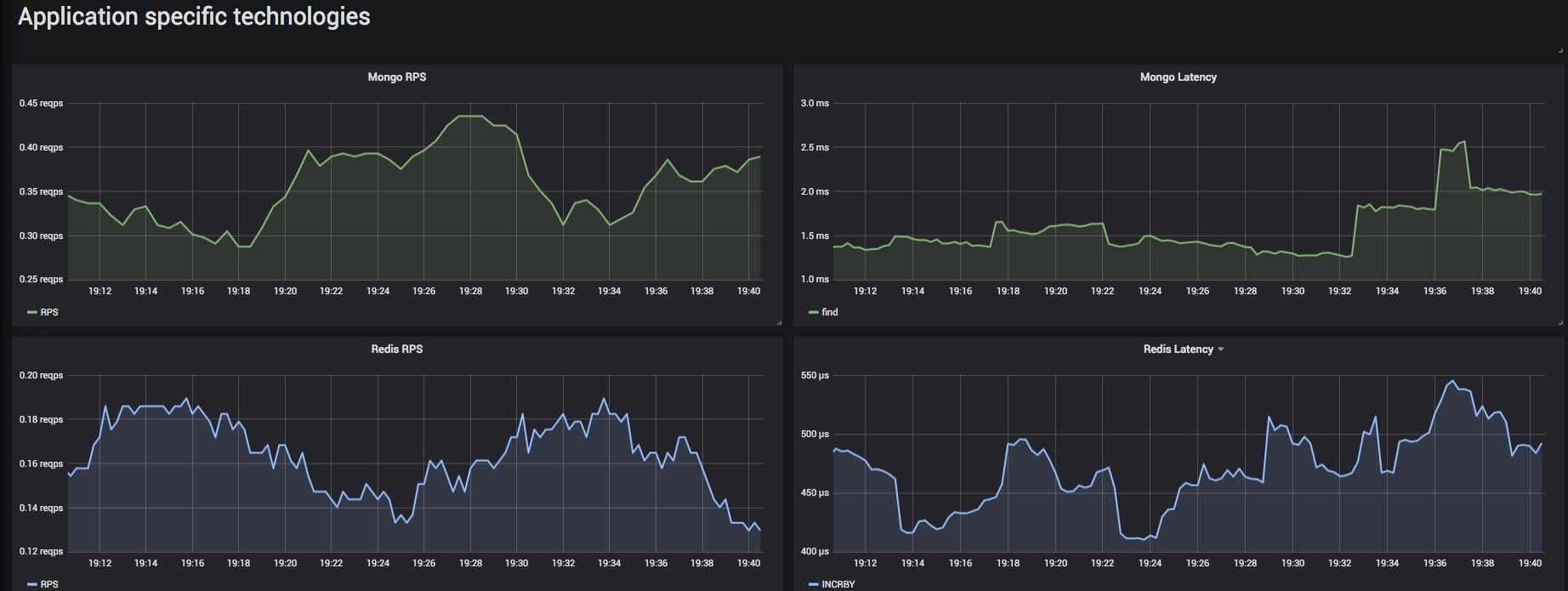 Screenshots from SigNoz - Monitoring applications
While this seems like a very specific use case for monitoring software, the underlying constructs are more universal and applicable in many other domains. It's just that these techniques are first being applied on software monitoring.
Screenshots from SigNoz - Monitoring applications
While this seems like a very specific use case for monitoring software, the underlying constructs are more universal and applicable in many other domains. It's just that these techniques are first being applied on software monitoring.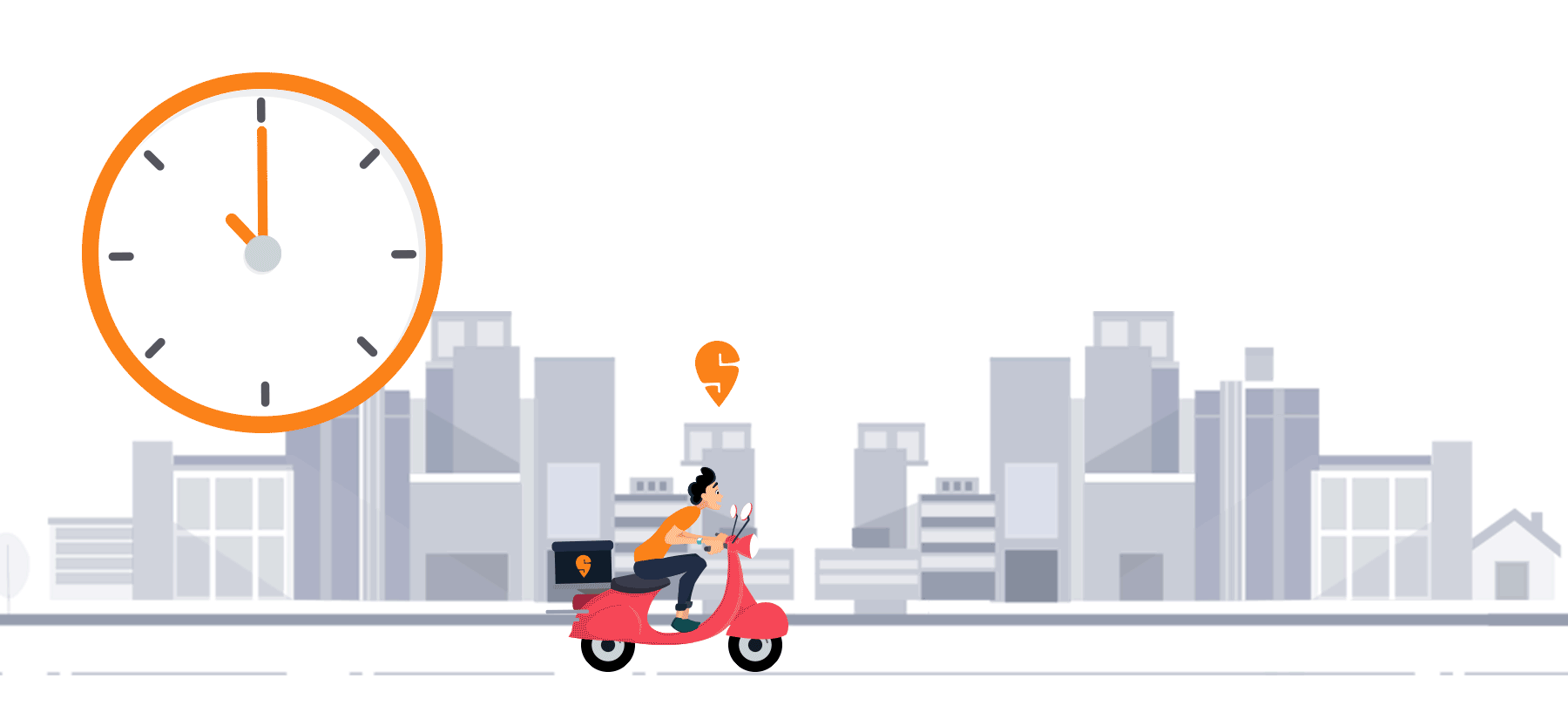 Business Processes like Delivery should be monitored
Monitoring is a much broader concept than we realize today. Rather than just software stacks, we can monitor business metrics, we can monitor utilization of resources in any factory. This is what control systems was when factories were new things. Researchers would devise new & ingenuous way to monitor different machines & components in the factory. Any process within an organization can be monitored in a continuous way.
Business Processes like Delivery should be monitored
Monitoring is a much broader concept than we realize today. Rather than just software stacks, we can monitor business metrics, we can monitor utilization of resources in any factory. This is what control systems was when factories were new things. Researchers would devise new & ingenuous way to monitor different machines & components in the factory. Any process within an organization can be monitored in a continuous way.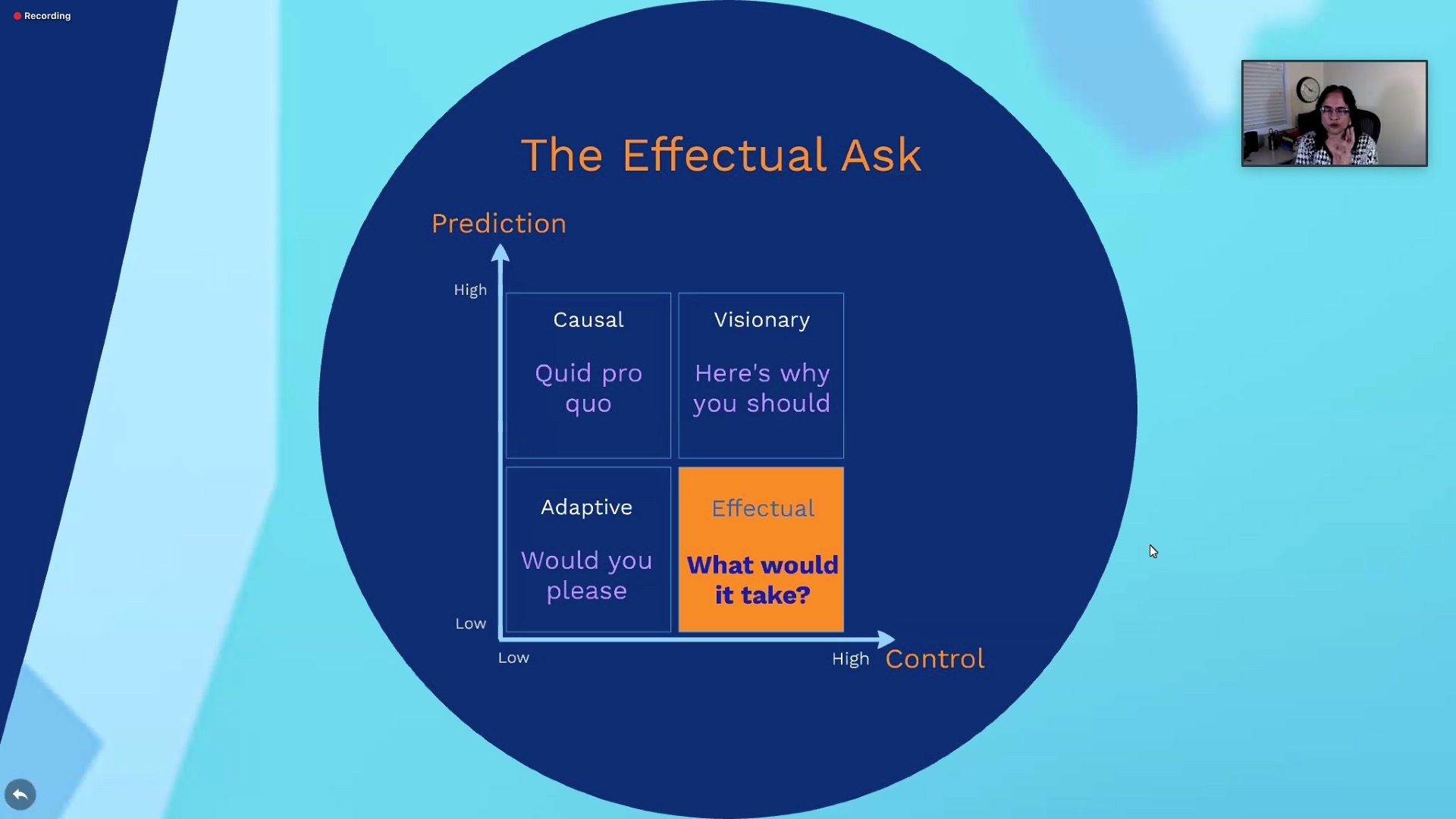 The Effectual Ask
Effectuation theory asks us to get rid of all these shackles. Rather than trying to figure out what the other person want or just appealing to their sense of kindness, why not just ask them what would it take for them to help us. This is called as the Effectual ask.
The Effectual Ask
Effectuation theory asks us to get rid of all these shackles. Rather than trying to figure out what the other person want or just appealing to their sense of kindness, why not just ask them what would it take for them to help us. This is called as the Effectual ask.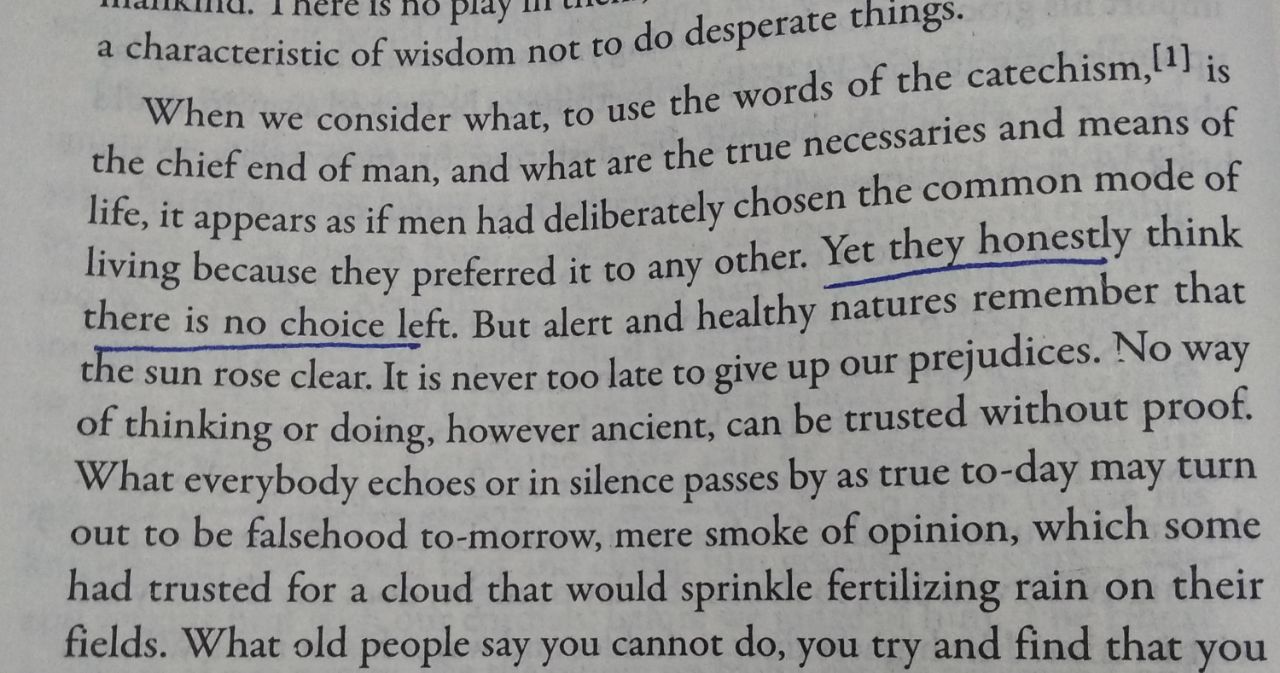 On comforts of life
On comforts of life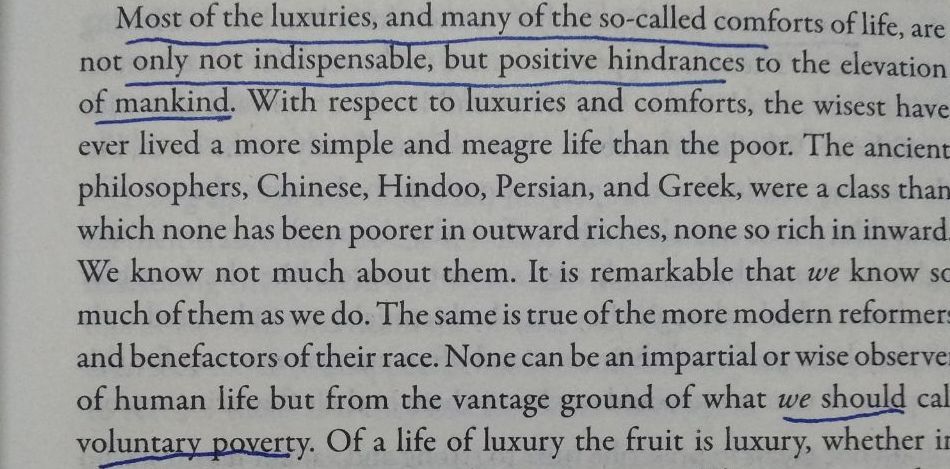 If the wisest men of their time have lived a simple life, does running after material gains really matter?
If the wisest men of their time have lived a simple life, does running after material gains really matter?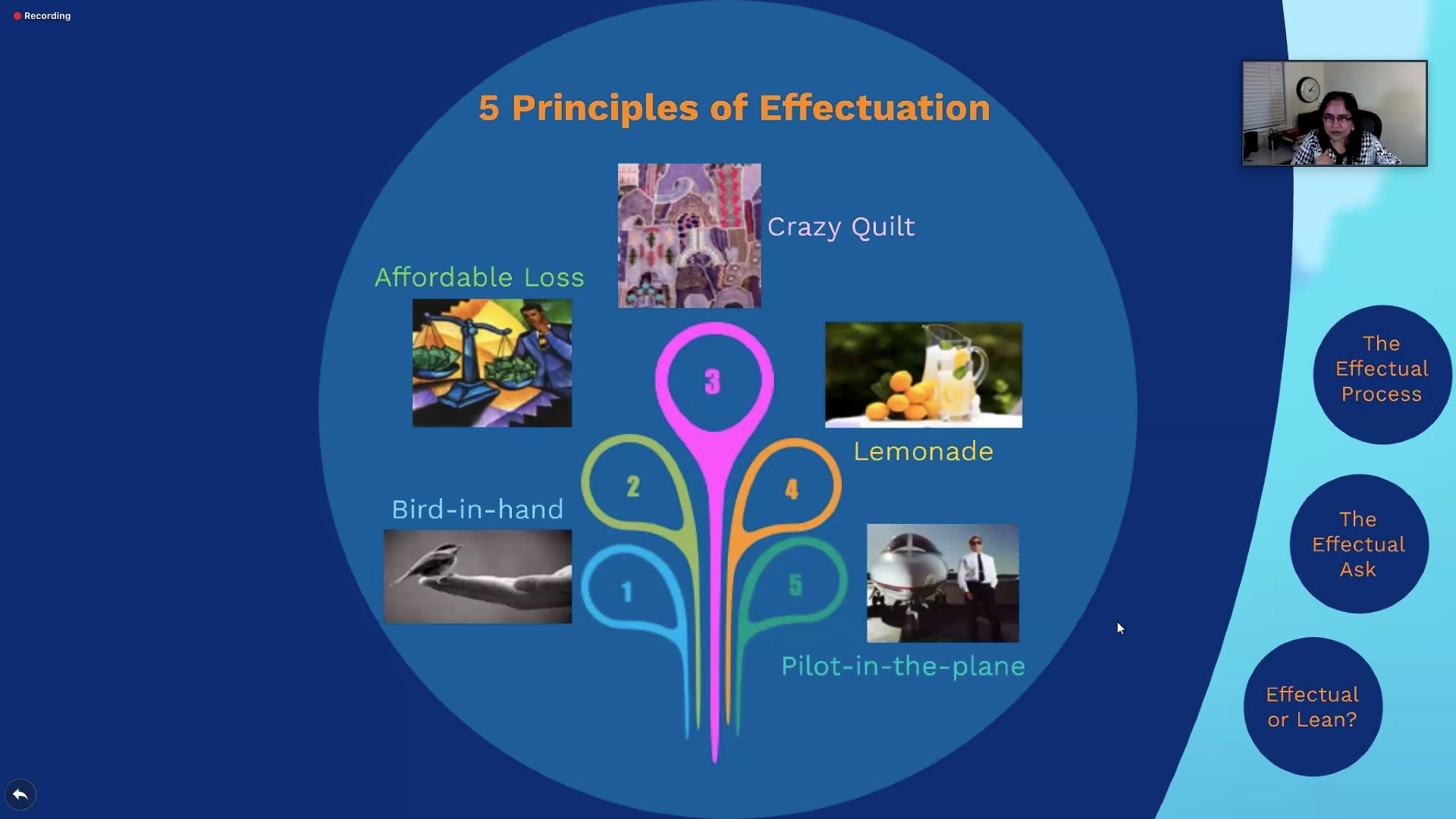 Effectuation - Principles
Effectuation - Principles Inoreader for RSS feeds
I am still looking to add more commnities in this RSS setup. In particular communities like
Inoreader for RSS feeds
I am still looking to add more commnities in this RSS setup. In particular communities like